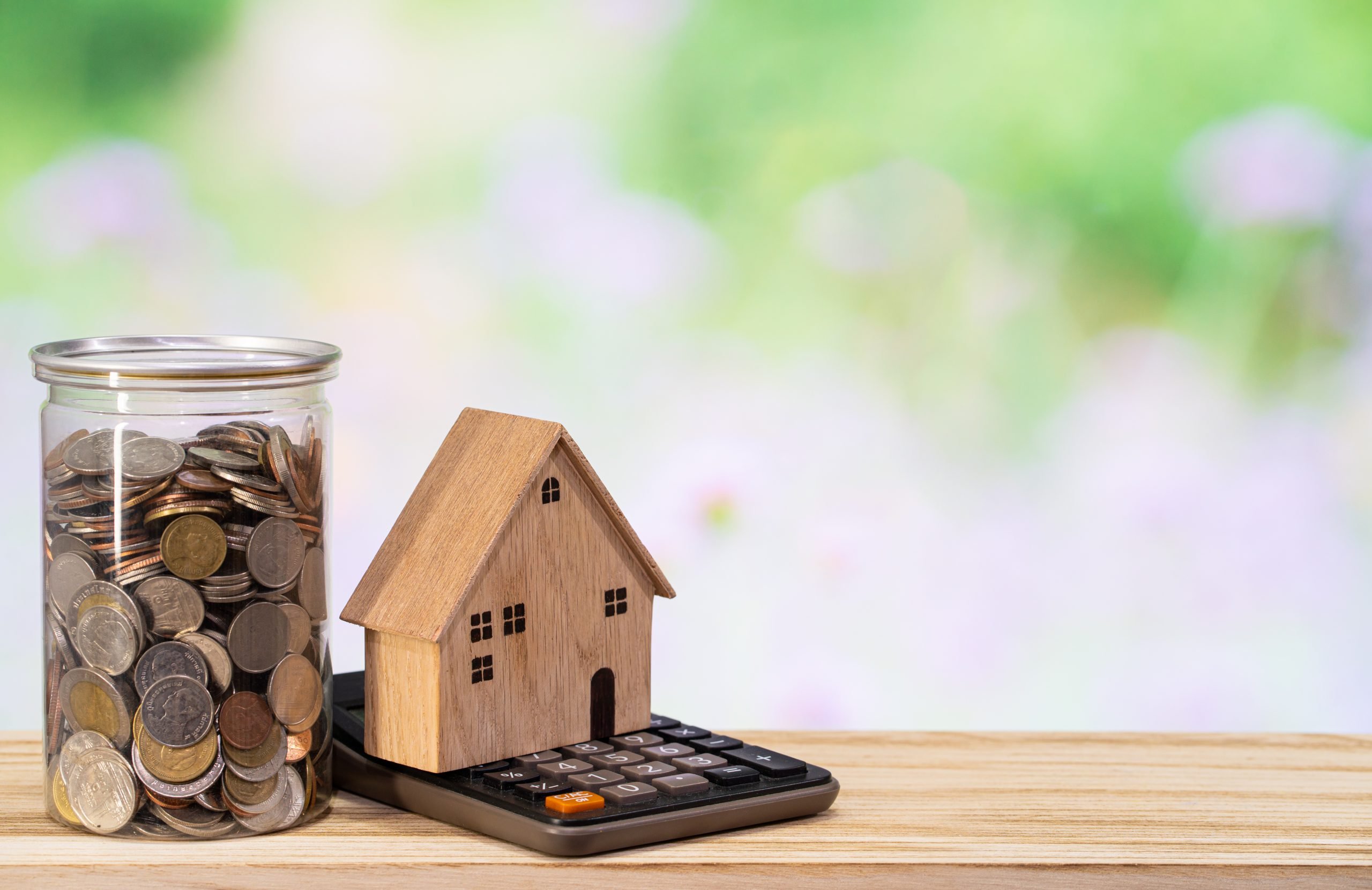Interested in boosting your life skills? Discover our Comprehensive Guide to Home Economics Courses in SHS for Enhanced Life Skills. Delve into the practical world of nutrition, food preparation, finance, and more, empowering you with essential knowledge for independent living. Join us as we unveil the secrets to a brighter future!
Key Takeaways:
- Home Economics is an optional elective subject in Ghanaian SHS.
- Students can choose up to four electives from:
- Catering and Event Organizing
- Clothing, Textiles and Fashion Designing
- Hospitality and Food Management
- Cosmetology and Hairdressing
- General Home Economics
Home Economics Courses in SHS

Home economics courses are a vital part of the SHS curriculum, providing students with essential life skills for independent living. These courses cover a wide range of topics, including nutrition, food preparation, personal finance, and consumer education.
Benefits of Taking Home Economics Courses
There are many benefits to taking home economics courses in SHS. These courses can help students:
- Develop essential life skills
- Learn about nutrition and healthy eating habits
- Gain valuable cooking and baking skills
- Manage their finances more effectively
- Make informed decisions about consumer products
- Prepare for a career in the food or hospitality industry
Choosing the Right Home Economics Courses
There are a variety of home economics courses offered in SHS. When choosing which courses to take, students should consider their interests and career goals. Some popular home economics courses include:
- Catering and Event Organizing: This course teaches students about the planning and execution of events, including menu planning, food preparation, and event management.
- Clothing, Textiles and Fashion Designing: This course teaches students about the design and construction of clothing. Students will learn about different fabrics, sewing techniques, and fashion trends.
- Hospitality and Food Management: This course teaches students about the principles of hospitality management. Students will learn about customer service, food safety, and food preparation.
- Cosmetology and Hairdressing: This course teaches students about the principles of cosmetology and hairdressing. Students will learn about different hair care techniques, makeup application, and nail care.
- General Home Economics: This course provides a broad overview of home economics topics, including nutrition, food preparation, personal finance, and consumer education.
Conclusion
Home economics courses in SHS are a valuable resource for students preparing for adulthood. These courses provide students with essential life skills, such as cooking, nutrition, and financial management.
If you’re facing legal consequences and wondering about alternative sentencing, explore the concept of home detention meaning to understand how it works.
For those seeking a spotless living space without the hassle, consider home domestic cleaning services.
Designate your home as a unique haven by customizing it with a home door number that reflects your style.
Unleash your creativity and make learning fun for your kids with innovative home EC project ideas that will inspire them.
Types of Home Economics Courses

Home economics classes are a goldmine of practical life skills, so it’s no wonder they’re a popular choice among high schoolers. These classes cover everything from cooking and nutrition to personal finance and home management, giving you the tools you need to thrive as an independent adult.
Types of Home Economics Courses
The Types of Home Economics Courses offered in SHS vary depending on the school, but some common options include:
-
Personal Development: This course focuses on building self-awareness, interpersonal skills, and healthy decision-making. You’ll learn how to set goals, manage stress, and create a balanced lifestyle.
-
Food and Nutrition: This course covers the basics of nutrition and healthy eating. You’ll learn about different food groups, how to plan and prepare healthy meals, and how to make smart choices at the grocery store.
-
Clothing and Textiles: This course teaches you about different types of fabrics, clothing construction, and basic sewing techniques. You’ll also learn about fashion design and how to care for your clothes.
-
Home Management: This course covers the practical aspects of running a household, including budgeting, cleaning, and organizing. You’ll also learn about home safety and how to maintain your home.
-
Child Development: This course provides an overview of child development, from infancy to adolescence. You’ll learn about different stages of development, how to care for children, and how to create a positive home environment.
-
Electives in Home Economics: In addition to these core courses, many schools also offer a variety of electives in home economics. These electives can cover topics such as:
- Catering and Event Organizing
- Hospitality and Food Management
- Fashion Design
- Interior Design
- Entrepreneurship in Home Economics
Key Takeaways:
– Home economics courses provide essential life skills for independent living.
– The Types of Home Economics Courses in SHS include personal development, food and nutrition, clothing and textiles, home management, and child development.
– Home economics courses can help you develop essential life skills, prepare for a career, and live a healthier, more fulfilling life.
Sources:
Home Economics is an Exciting Course Taught in Senior High Schools
Elective Subjects In Home Economics At SHS
How to Choose the Right Home Economics Courses for You
Deciding on the ideal Home Economics courses can empower you with crucial life skills. Here’s how to make an informed choice:
What to Consider
- Interests and Career Goals: Choose courses that align with your passions and future aspirations.
- Course Content: Research the syllabus for each course to grasp its focus and relevance to your interests.
- Prerequisites: Ensure you meet any prerequisite requirements before selecting a course.
- Career Prospects: Explore the potential career paths associated with each course.
Popular Home Economics Courses
Here are some common Home Economics courses offered in SHS:
- Catering and Event Organizing
- Clothing, Textiles and Fashion Designing
- Hospitality and Food Management
- Cosmetology and Hairdressing
- General Home Economics
Tips for Choosing
1. Identify Your Interests:
Reflect on your passions and strengths. What aspects of Home Economics interest you the most?
2. Explore Course Content:
Review the course descriptions and syllabuses to gain insights into the specific topics covered.
3. Assess Career Goals:
Consider how different Home Economics courses align with your career aspirations and goals.
4. Seek Guidance:
Consult with teachers, guidance counselors, or industry professionals to gather additional perspectives.
Key Takeaways:
- Consider your interests, career goals, and course content when selecting Home Economics courses.
- Popular courses include Catering and Event Organizing, Clothing and Textiles, and Cosmetology.
- Identify your strengths and choose courses that align with your passions.
- Seek guidance from experts to make informed decisions about your education.
Sources:
- EduKasyon.ph: K-12 TVL Track Series: Home Economics Strand
- Home Economics is an Exciting Course Taught in Senior High Schools
The Importance of Practical Application in Home Economics Courses
Understanding the Role of Practicality
Home Economics thrives on enabling students to acquire hands-on knowledge, essential for their present and future endeavors. Through practical applications, students witness theory transform into applicable skills, propelling them towards independence and self-reliance.
Benefits of Practical Application
- Enhanced Comprehension: Real-world experiences solidify abstract concepts, fostering a deeper understanding.
- Increased Confidence: Practical assignments boost students’ belief in their abilities, equipping them to tackle life’s challenges head-on.
- Skill Development: Hands-on practice hones students’ skills, preparing them to perform tasks effectively.
- Problem-Solving Capacity: Practical applications present students with real-life dilemmas, developing their problem-solving abilities.
- Innovation and Creativity: Practical exercises encourage students to think outside the box, fostering innovation and creative thinking.
Key Takeaways:
- Home Economics courses empower students with essential life skills for independent living.
- Practical application is crucial for students to grasp concepts thoroughly.
- Hands-on experiences boost confidence, enhance comprehension, and develop problem-solving skills.
- Practicality fosters innovation, creativity, and prepares students for real-world challenges.
Relevant URL Sources:
- Why Practical Work Is Important in Home Economics Education
- The Importance of Practical Work in Home Economics
FAQ
Q1: What are the benefits of taking Home Economics courses in SHS?
Q2: What are the different elective subjects available under Home Economics in SHS?
Q3: How can Home Economics courses help me in my daily life?
Q4: What career opportunities are available for students who specialize in Home Economics?
Q5: What are the practical experiences and projects typically included in Home Economics courses?
- How to Remove Water Stains from Fabric: A Complete Guide - April 26, 2025
- How to Get Motor Oil Out of Clothes: Proven Methods & Expert Tips - April 26, 2025
- How to Get Deodorant Out of Black Shirts: Easy Stain Removal Guide - April 26, 2025










